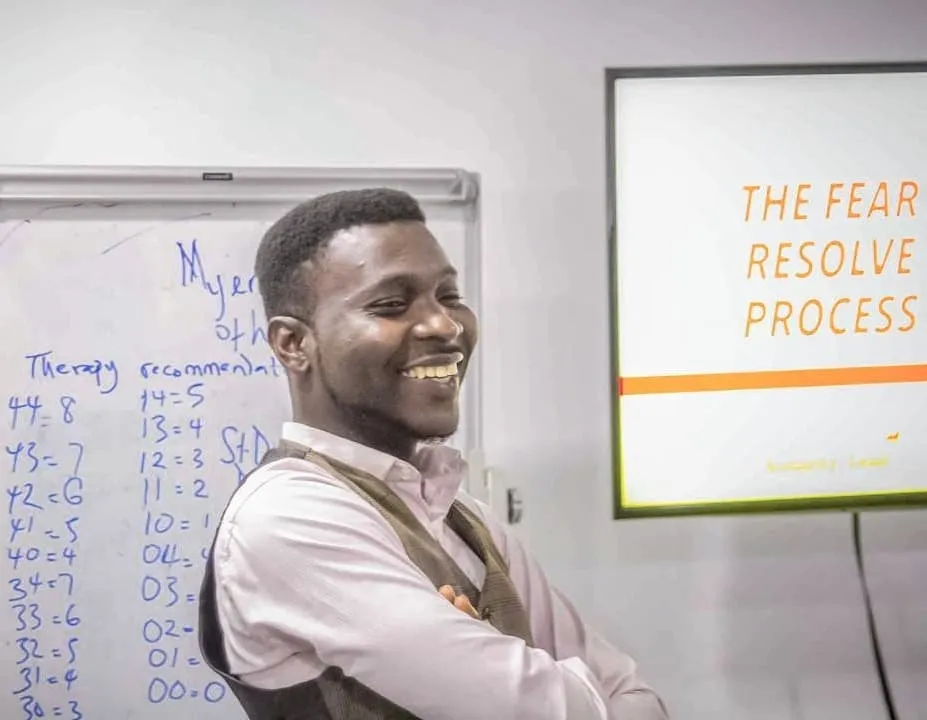
For any child who grows up with domestic violence, fear dominates that young person’s view of the world—a worldview that is often carried forward into adulthood.
Whether it’s anxiety over meeting someone new, having a job interview, or facing a difficult challenge, fear stops us from doing what we want to do.
As psychiatrist Sonja Lyubomirsky explains, “In a home full of pain, quarreling, or coldness, children are chronically stressed and on guard.”
Perhaps you hide, preferring to stay in the shadows or blend into the crowd. You may even act out, becoming aggressive to mask the fear you are feeling deep down inside.
Maybe you walk around with hunched shoulders, bent down in an unconscious attempt to withdraw into yourself, seeking a sense of security you never felt when you were young.
Many children of domestic violence, “prefer the certainty of misery rather than the misery of uncertainty,” says child trauma expert Bruce Perry.
Whatever forms this lie takes, know that it comes from living with that visceral fear you experienced as a child. That feeling of terror, and the underlying childhood trauma behind it, feeds the lie that children of domestic violence believe: that deep down they are fearful.
But the truth is that, as someone who grew up living with domestic violence as a child, you are among the bravest—a member of a group of courageous people who have survived difficulties that most people will never face.
Brené Brown, research professor at the University of Houston Graduate College of Social Work, points out that the root word for “courage” is cor, which is Latin for “heart.” “In one of its earliest forms, the word courage had a very different definition than it does today. Courage originally meant to speak one’s mind by telling all one’s heart.” Instead of referring to the heroics we associate with courage today, this earlier definition is about being brave enough to own our stories and telling the truth about who we are. Or, to use another word, confidence.
To realize that truth for yourself, however, you must face your fears as they come and be confident in the knowledge that you have dealt with far worse. You can increase your awareness of the inner courage that has always guided you, whether you realized it or not.
Source: Martin, Brian F; Invincible : the 10 lies you learn growing up with domestic violence, and the truths to set you free